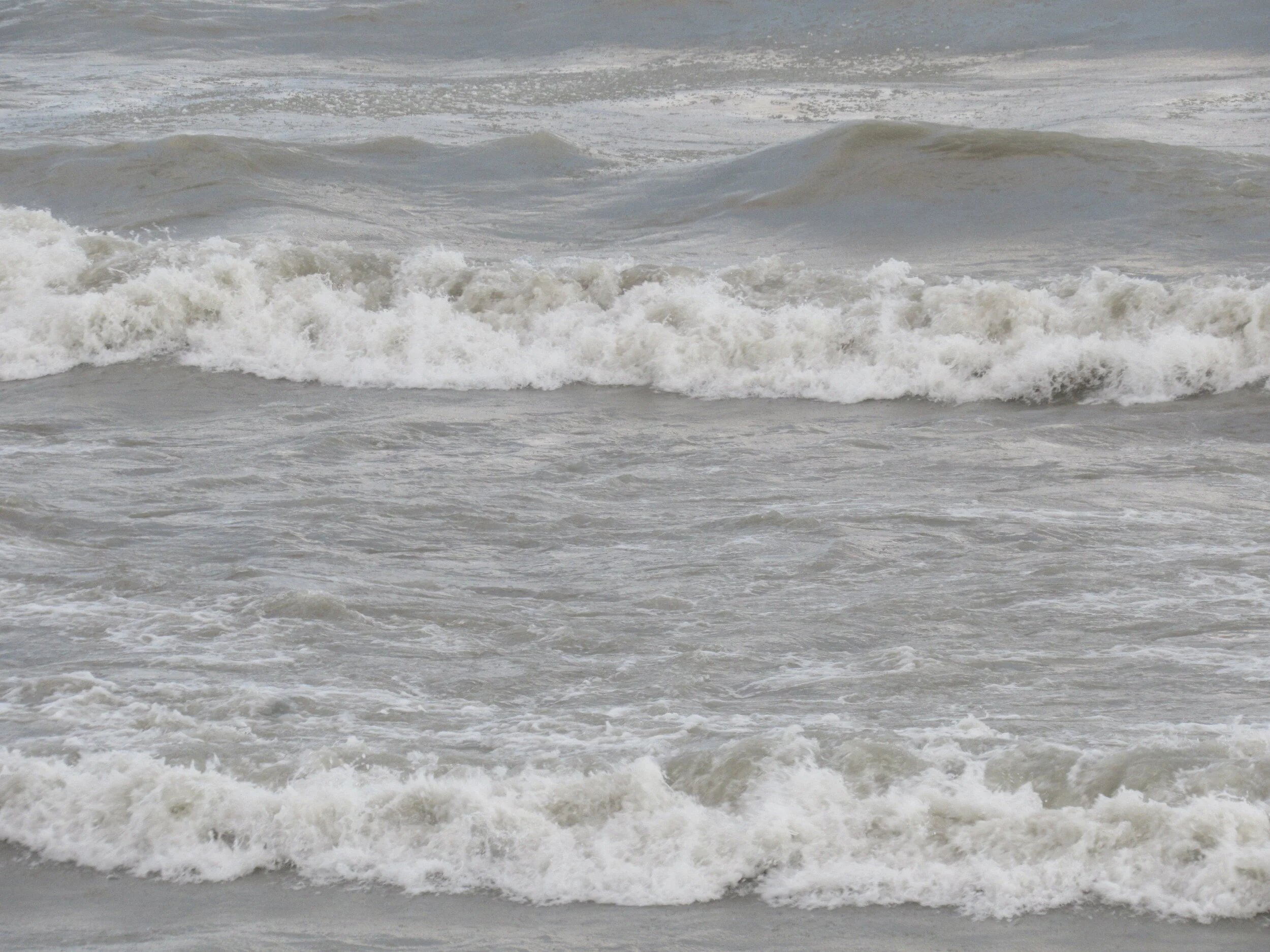Waves, picture by Sr Donna Smith, 2021
Have you ever sat and just listened to waves lapping against the shoreline? “Yes”, what about on a very cold winter’s night and the water is meeting the ice cap that has formed along the shoreline? Imagine the sound of geese off to the west and a distant train echoing through town, but what I hear the most is the unique sound of water splashing over the ice along the banks of Lake Ontario.
It is like an unfolding roll of thunder, not an unpleasant noise, but a sound that is intriguing and mysterious to listen to. It is quiet then suddenly a wave hits the ice cap, sprays over it, and ebbs back into the lake. Isn’t that how our mind works some days? Our minds are quiet then without prelude we are awash with a flood of thoughts and emotions disquieting our stillness, awakening us from our darkness, or maybe even bringing the darkness with it.
How do we cope with this intrusion in our minds? Do we accept it and carry on or do we meander over each new thought and emotion? Each time we experience this differently, but we must never let these moments overwhelm us. We are invited to sift out what is good and carry that forward, perhaps especially these days of isolation. It is in these moments that God speaks to us if we are truly listening with the heart. It is in this darkness that we may crash about but we are never if open, beaten. Rather, in these moments we are offered opportunities to draw us closer to what really matters in life: our families, our friends, our contacts, but most of all the beauty of creation, faith, and values of God.
So, let’s take the time and listen to the darkness and what is crashing about, we will never know what God wants us to hear when we cannot see it in the light of day.
- Sister Donna Smith, CSJ | Feb 17, 2021 Cobourg, Ontario














